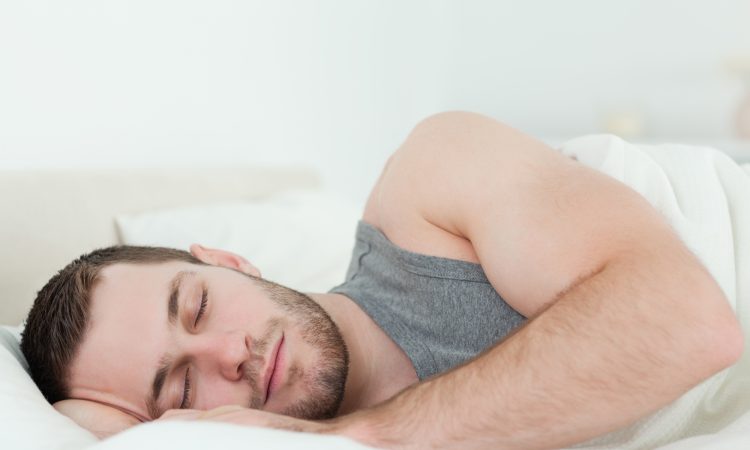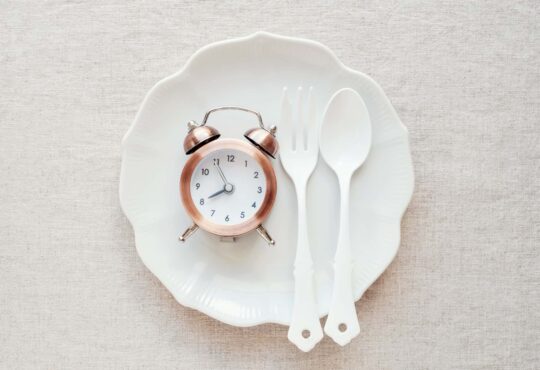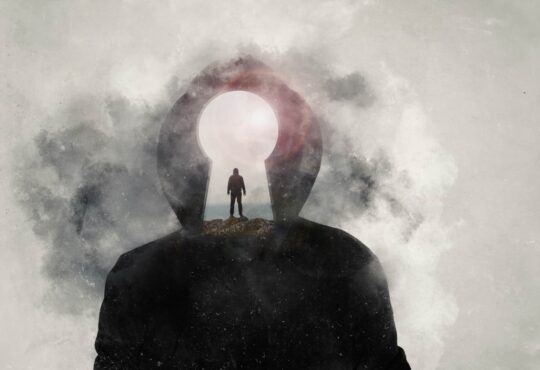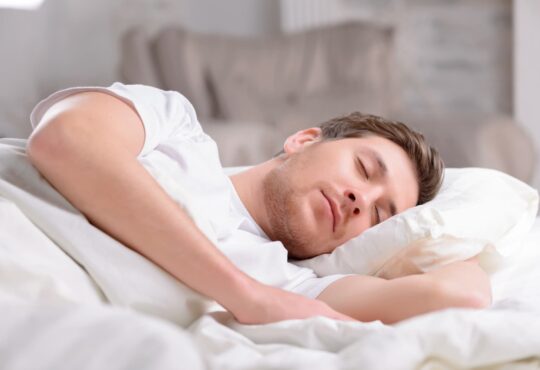
When you think about maintaining good health and slowing down the aging process, the first things that jump into your mind are diet and exercise.
And I’m not going to say those aren’t important. They are.
But too many otherwise healthy people neglect their sleep.
Almost all animals sleep. That indicates how important it is.
Remember, when animals are asleep they’re especially vulnerable to predators. If sleep were not important to survival, it would not be so common in the animal kingdom. It probably wouldn’t exist at all.
The Sleep Deprivation Problem is Huge
Yet modern Americans get only 6.8 hours of sleep a night on average, according to Gallup. This is down from 7.9 in 1942.
Staying up late to watch TV, play video games or use other electronic devices is taking its toll on our health, job performance, and judgment.
FORTUNE magazine reported lack of sleep costs the country $411 billion a year. Losing sleep affects your cognitive abilities the next day.
In short, it makes you stupid. You make mistakes that might cost you and your employer money.
2 million people a week fall asleep while they’re driving. That fact alone is a nightmare.
Many People Believe They Can Get By on 5 Hours a Night
However, according to Dr. Matthew Walker, a sleep researcher, Professor of Neuroscience and Psychology and author of Why We Sleep: Unlocking the Power of Sleep and Dreams, almost everybody needs the full eight hours – seven hours at the very least, to avoid health problems.
He and other researchers have found that routinely getting less than 6-7 hours of sleep a night increases your risk of cancer by 50%.
One possible cause of this is that your natural killer cells decrease by 70% after just one night of under five hours of sleep. And killer cells are one of your body’s prime defenses against cancer, as well as infections.
Losing even ONE hour of sleep increases your odds of having a heart attack. On the Monday after the transition to daylight savings time (when we “spring ahead” one hour), heart attack rates go up 24%. Just because people lost that hour’s sleep.
And, yes, when we “fall back” one hour, heart attacks go down, because people get an hour of extra rest.
We are so sensitive to loss of sleep, we don’t even need to change the time.
A recent study found it’s healthier to live on the eastern edge of a time zone than on the western.
Why? Well, think about it. Officially, the time in every zone is the same. However, in real life, the sun is NOT in the same place. It never stops moving. A time zone represents how much the sun travels across the sky in one hour.
Therefore, somebody living on the eastern edge of the Central Standard zone sees the sun almost a full hour before somebody living on the western edge.
This means that, for them, the sun sets nearly a full hour earlier. So they tend to go to bed earlier, getting more sleep.
https://www.pressherald.com/2019/04/19/living-on-the-wrong-side-of-a-time-zone-can-be-hazardous-to-your-health/
Sleep is THAT important. And more . . .
Your Brain Needs 8 Hours of Sleep Every Night
If you’re not afraid of cancer or heart attacks, you’re probably afraid of Alzheimer’s.
Alzheimer’s is associated with lack of sleep. In a recent study, missing a night of sleep caused an increase in beta-amyloid plaque, the protein correlated with Alzheimer’s. https://www.nih.gov/news-events/nih-research-matters/sleep-deprivation-increases-alzheimers-protein
In his book, Dr. Walker goes into great detail about what happens while we’re asleep. It’s a lot more complicated than you’ve ever been told. It goes far beyond rest and dreaming.
For one thing, your brain contains sort of its own lymphatic system. While you’re in deep sleep, your brain actually shrinks – to make room for this lymphatic system to “wash” your brain with lymph fluid.
Apparently, while we’re awake and active, beta-amyloid plaque and other toxins accumulate in our brains as a by-product of metabolic activity. One of the jobs of sleep is to clean this out of our brains.
When you miss too much sleep, the gunk builds up.
Nobody totally understands Alzheimer’s, but given the association between it, beta amyloid plaque and lack of sleep, it’s wise to be on the safe side.
Things to Avoid at Night if You Wish to Have Healthy Sleep
1. Alcohol
If you’re one of the 20% of Americans who use alcohol as a sleep aid – stop. Yes, it knocks you out. However, the alcohol in your body interferes with your circadian rhythm. It limits the amount of restorative sleep and dreaming sleep you experience.
Remember, sleep is about a lot more than just being unconscious. You want healthy sleep that restores and repairs your brain and body. And you want to dream. That affects how you process the day’s memories.
Alcohol interferes with all that.
2. Sleeping pills
Sadly, the medicines people take to get to sleep are just as guilty as alcohol of interfering with your natural sleep cycles. Many of them date back to when medical science had much less understanding about sleep than it does now.
Plus, they all come with a long list of side effects. Doctors don’t want you to take them for a long time, and when you stop, you’re subject to a rebound effect. That’s where you find it even harder to get to sleep than before you began taking the medicine.
3. Caffeine
This one is sort of obvious, but many people continue to drink coffee or other caffeinated beverages throughout the day. People do react to caffeine in different ways, but it can hang around in your body for many hours. Therefore, it’s a good idea to stop consuming it by noon at the latest – especially if you have any trouble going to sleep.
4. Blue light
Scientists are now discovering the color of light affects our circadian rhythm. No doubt this is because sunlight is red/yellow/orange. When that goes away at night, that’s traditionally the signal to your body to go to sleep.
The blue light from electronics throws that off. It reduces the amount of melatonin your pineal gland secretes, which also affects your sleep. And it appears to help cause other health problems. https://www.health.harvard.edu/staying-healthy/blue-light-has-a-dark-side
Therefore, it’s a good idea to avoid using anything with a screen at least 2-3 hours before bedtime. That includes your phone, computers, and Kindle.
You can also buy sunglasses with orange lenses designed to block out blue light. A friend of mine found a pair on Amazon for around just $9.00. (Look for Uvex Skyper or similar blue light blocking glasses.)
He puts them on when the sun goes down, and reports he wakes up less during the night.
Another tip: Get outside as much as possible in the morning, to get lots of A.M. sunlight. That helps keep your circadian rhythm on track, so it knows to make you feel sleepy at night.
Another tip you may not have heard of before is a breathing technique Andrew Weil teaches to help you get to sleep more easily.
It’s simple. Just keep the tip of your tongue against the tissue just behind your front upper teeth. Exhale through your mouth while making a whooshing sound. Inhale through your nose while counting to 4. Hold your breath for a 7 count. Exhale through your mouth (while whooshing) for 8 counts.
Repeat three times, so you do a total of four breaths.
That relaxes you so you’re ready to fall asleep.
https://www.drweil.com/videos-features/videos/breathing-exercises-4-7-8-breath/
Most People Deprive Themselves of Sleep
To get eight hours of sleep a night, you must spend at least eight hours in bed.
In the dark with your eyes closed – NOT watching TV.
Turn off the Netflix. Shut down your computer and laptop. Put the video game away. Put down your phone until morning.
If reading relaxes you, read a paper book instead of a Kindle.
But go to bed at least eight hours before you have to get up in the morning.
Sweet dreams.







